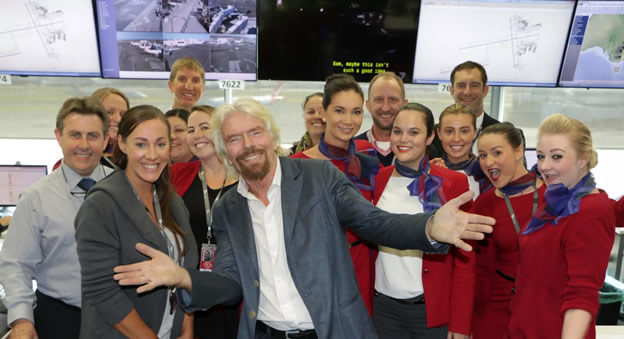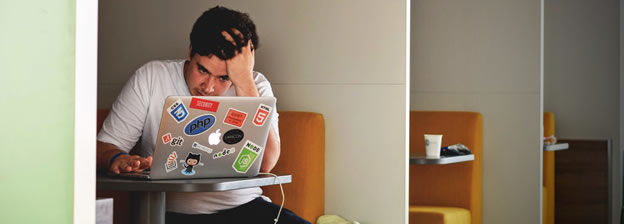This post is about giving some tools and advice to junior developers and Boot Camp students.
It is just in Italian for now.
I hope I will have time for traslate it soon.
Category Archives: smart working

Remote Work Should Be (Mostly) Asynchronous
“The pandemic accelerated many trends, from streaming, e-commerce, and food delivery platforms to the widespread adoption of remote work.
But instead of taking advantage of this opportunity to improve how we work, most organizations simply took their offices online, along with the bad habits that permeated them.
A move to a better way of working remotely is desperately needed.
If your digital transformation is going to be successful, you need to give your employees the right tools and systems to work in a digital, distributed, virtual environment.
However, digital tools are only as effective as how effectively you use them, and alignment between managers and employees on remote work best practices will be critical to the success of any digital transformation initiative.”

The importance of the social life in Remote Working
When I worked in an office environment, I could be passive about social interaction because it was an inherent part of my day.
In a remote world, you have to be intentional about in-person socialization.
One of the best things about working remotely is that it leaves me the social energy for the times I want.
Prioritize your social activities, because they are a form of self-care.

Some guidelines for smart working application
An activity of National Research on Innovation about smart working in Italy.
Very interesting view on the internal perception about privilege and potential issues on the carrier on the other hand.
There is a constant in all this case studies, that is the fact that smart working spotlight the weakness of a company, giving the opportunity to improve and fix a lot of aspects. That’s why it could be a great opportunity as also a great cultural obstacle to overcome.

The future of work
The idea of working five days a week with two day weekends and a few weeks of annual holiday is just something people accept. For some reason, it is considered set in stone by most companies. There is no reason this can’t change. In fact, it would benefit everyone if it did.
As Larry (Page) said: “The idea that everyone needs to work frantically to meet people’s needs is just not true.” We all need to work smarter, not longer.

The importance of smarter working practices in government
Uk Government experience, very useful example of Countries that are started an innovation process in the way of manage work and resources, for several years now and with a relevant success.
The Government Hubs Programme will reduce the government estate from around 800 to 200 buildings by 2023, saving approximately £2.4 billion over 10 years. These spaces will support new and developing ways of working, allowing staff to work from a variety of locations, including hubs.

Project Managers vs. Developers, how to Close the Gap
Very interesting post about a real hot topic, that could be so determinant about the quality of the service delivered.
It’s no secret that developers and project managers don’t always see eye-to-eye. In fact, many developers will tell you that their PM simply sucks.
While these sound like surface level complaints, they represent the core problem: disconnect between software engineers and project managers.
Interesting? Get a free notification when a new post is out.
TEDx Talks: The Remote Work Revolution
“The idea here is that rather then us designing our lives around work, we’re now designing work into our lives.”
“So it’s clear we need a new approach to work, our dependence on location is not necessarily the best way to think about work.
It works for a long time after the post-industrial period but now it’s time to re-think it as we kind of transition into a more digital and service-based economy.”
Interesting? Get a free notification when a new post is out.

